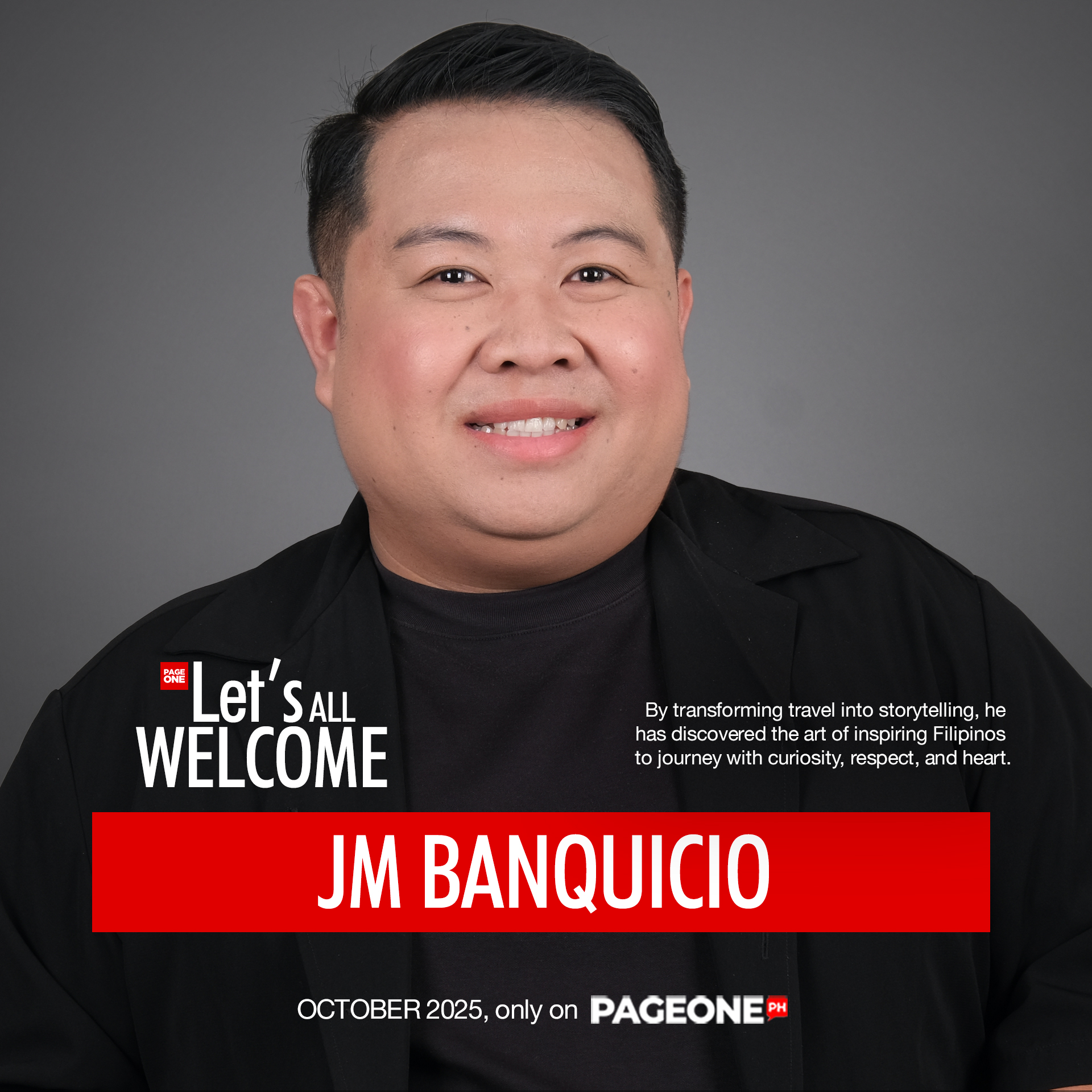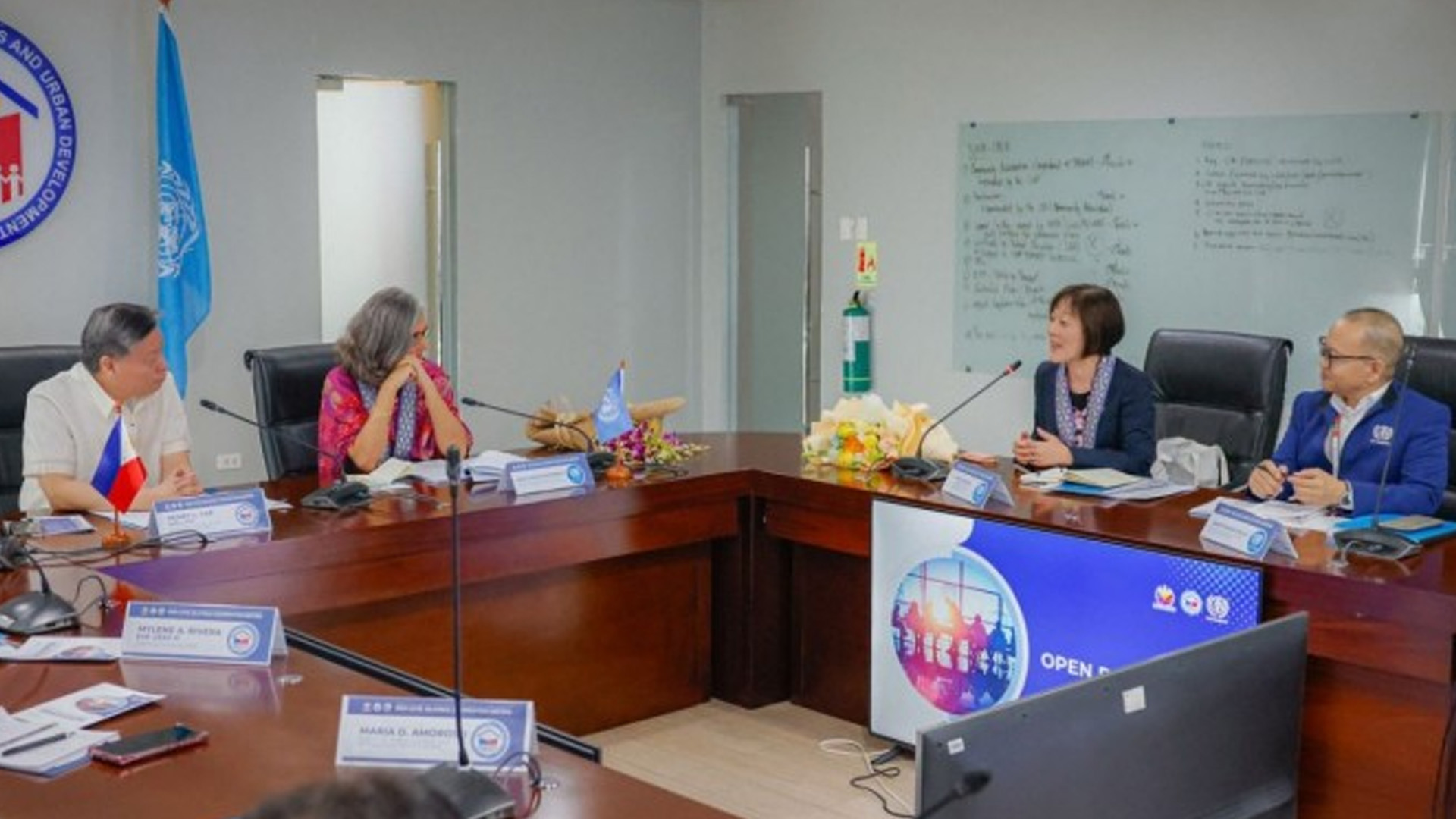The Department of Human Settlements and Urban Development (DHSUD) will implement programs aligned with its sustainable development goals following a high-level bilateral cooperation meeting with the United Nations Human Settlements Programme (UN-Habitat).
DHSUD Undersecretary Henry Yap said the meeting strengthened the agency’s partnership with UN-Habitat to implement inclusive, climate-resilient and sustainable urban development.
“Over the past two decades, our parties’ collaboration has yielded tangible, and lasting outcomes,” he said in a news release Friday.
UN-Habitat executive director Anacláudia Rossbach lauded the establishment of DHSUD as a “significant milestone in the country’s institutional landscape.”
“We understand that by focusing on access to adequate housing, land and basic services, and transforming informal settlements, we can help address three global challenges: climate change, poverty and humanitarian crises,” she said.
She emphasized the importance of housing as the “roof over the sustainable development goals,” with urban planning as their “backbone.”
During the meeting, Rossbach advocated for participatory and community-led planning, and the integration of nature-positive and ecosystem-based approaches to promote spatial justice, urban biodiversity and long-term environmental stewardship.
Meanwhile, Yap highlighted its ongoing partnerships with UN-Habitat through key initiatives such as the TRANSCEND (Transformative Actions for Climate and Ecological Protection and Development) project.
TRANSCEND champions Urban Ecosystem-based Adaptation by embedding biodiversity and ecosystem services into both national and sub-national policies — paving the way for climate-adaptive, sustainable, and livable communities.
Yap also highlighted the Pambansang Pabahay Para sa Pilipino Program which seeks to address the housing backlog through in-city, vertical housing for low-income families; the Pasig River Urban Redevelopment Project which is a revitalization effort of Metro Manila’s historic waterway; and the PLANADO (Plan & Do) which is aimed at digitizing and modernizing land use planning nationwide.
He said that the partnership has enhanced the capacities of national agencies and local government units, reinforced foundational policy frameworks, advanced data-driven urban planning through innovative tools, and encouraged deeper multi stakeholder engagement across vital sectors for sustainable urban development.
Outcomes of this collaboration include the National Urban Development and Housing Framework and the Resilient and Green Human Settlements Framework, which offer strategic guidance for the country’s long-term urban development objectives.
Both sides expressed optimism for the upcoming signing of a Memorandum of Understanding to formalize and deepen institutional cooperation.
Rossbach encouraged the Philippines to sustain its active engagement in global platforms such as the World Urban Forum and the Open-ended Intergovernmental Expert Working Group on Adequate Housing. (PNA)









